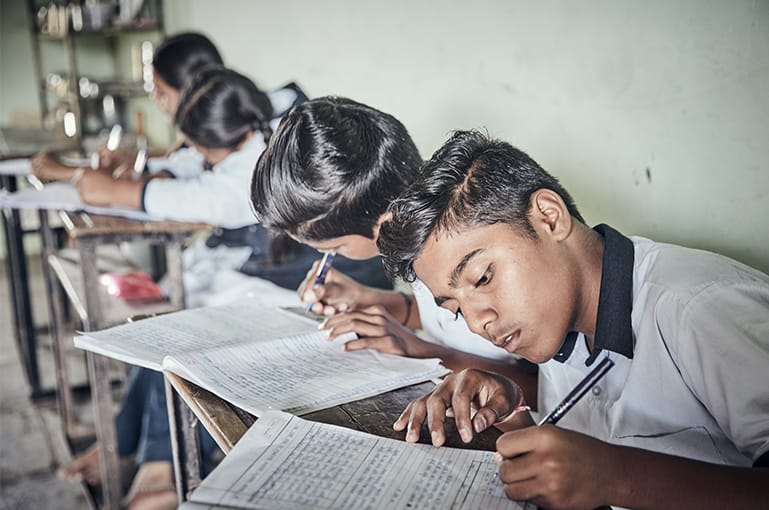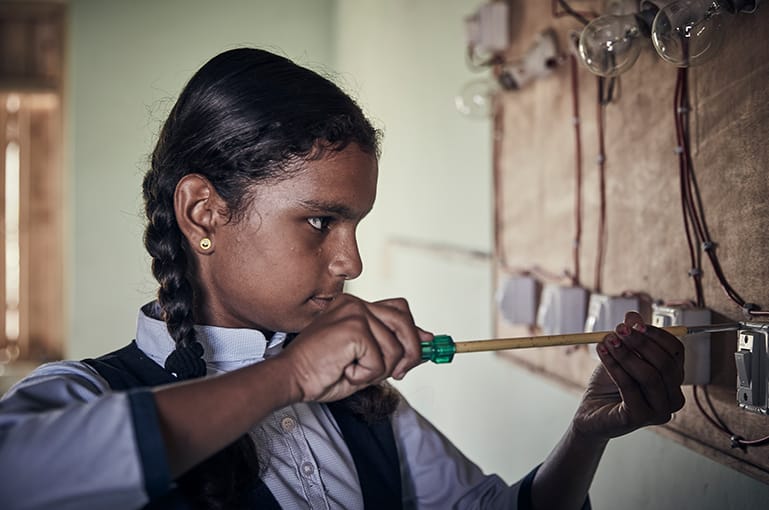
Understanding the Importance of Books in Rural Education
Books are more than just a medium of knowledge; they are gateways to imagination, critical thinking, and lifelong learning. For children in rural areas, books can be a lifeline, offering insights into worlds beyond their immediate surroundings.
However, the reality is starkly different. Many rural schools lack basic educational resources, including books, which hampers the learning process and limits opportunities for these children.
Current Challenges in Rural Education
Resource Scarcity: Rural schools often operate with limited resources. This scarcity extends to essential educational materials like textbooks, storybooks, and reference materials. Without these, students struggle to keep up with their urban counterparts.
Infrastructure Issues: Many rural schools lack proper infrastructure, including libraries and reading spaces. This not only affects the availability of books but also the overall learning environment.
Teacher Shortage: Qualified teachers are often reluctant to work in rural areas due to lack of facilities and professional growth opportunities. This shortage impacts the quality of education and the effective use of available resources.
Economic Barriers: Many families in rural areas cannot afford to buy books for their children. This economic barrier further widens the educational gap between rural and urban students.
The Importance of Addressing These Challenges
Addressing these challenges is crucial for several reasons:
Equity in Education: Every child, regardless of their geographical location, deserves equal access to quality education. Ensuring that rural children have access to books is a step towards achieving this equity.
Holistic Development: Books play a vital role in the holistic development of children. They enhance language skills, foster creativity, and improve cognitive abilities. Without access to books, rural children miss out on these critical developmental aspects.
Breaking the Cycle of Poverty: Education is a powerful tool for breaking the cycle of poverty. By providing rural children with the necessary educational resources, we empower them to build better futures for themselves and their communities.

The Traceable Giving Foundation’s “Books for Change” Initiative
Recognizing the urgent need to bridge the educational gap, the Traceable Giving Foundation launched the “Books for Change” initiative.
This program aims to provide rural schools with the books and educational resources they desperately need. Let’s delve into the impact of this initiative:
The initiative has reached 35 schools, ensuring that a significant number of rural students have access to quality books.
By covering 35 villages, the program ensures that the benefits of educational equity are widespread and not limited to a few areas.
A total of 1279 students are actively participating in the program, gaining access to a wealth of knowledge and learning opportunities.
Each participating student has received a set of books, tailored to their educational needs and interests.
The initiative has successfully delivered 10842 books, significantly enhancing the educational resources available in these rural schools.
The “Books for Change” initiative has had a profound impact on the educational landscape of the rural areas it serves. Here are some key outcomes:
Improved Literacy Rates: Access to books has led to improved literacy rates among rural children. Students are now more proficient in reading and writing, which is fundamental to their overall academic success.
Enhanced Learning Environment: The availability of books has transformed the learning environment in these schools. Students are more engaged and motivated to learn, and teachers have better resources to support their teaching.
Community Empowerment: The initiative has also empowered the broader community. Parents and community members are more involved in the educational process, recognizing the value of books and education for their children’s future.
While the “Books for Change” initiative by the Traceable Giving Foundation is a commendable step towards educational equity, the question remains: Are we doing enough? The challenges in rural education are multifaceted and require sustained efforts from all stakeholders, including governments, NGOs, educators, and sponsors.
By continuing to support and expand initiatives like “Books for Change,” we can ensure that every child, regardless of their location, has the opportunity to learn, grow, and succeed. Let’s commit to making educational equity a reality for all children.
